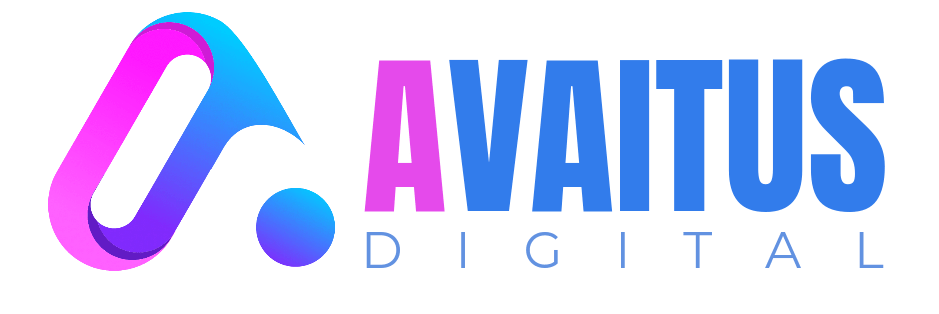
Cross-platform app development refers to the process of creating mobile applications that can run on multiple platforms, such as iOS and Android, using a single codebase. Instead of building separate native apps for each platform, cross-platform development allows developers to write code once and deploy it across different operating systems. This approach offers several advantages, including faster development time, cost-efficiency, and the ability to reach a wider audience.
Cross-platform frameworks are software development tools that enable developers to build cross-platform apps. These frameworks provide libraries, APIs, and tools that abstract the underlying platform-specific details, allowing developers to write code in a common programming language. The framework then translates the code into platform-specific instructions during the build process.
Here are the top 5 cross-platform app development frameworks that are expected to continue their popularity and relevance in 2023:
React Native: React Native, developed by Facebook, has gained immense popularity in recent years and is likely to remain a top choice for cross-platform app development. Its large community, extensive library of reusable components, and ability to deliver near-native performance make it a go-to framework for many developers.
Flutter: Flutter, developed by Google, has been rapidly growing in popularity and is expected to continue its upward trajectory in 2023. Its focus on delivering high-performance, visually appealing, and native-like experiences across platforms has made it a popular choice among developers.
Xamarin: Xamarin, now a part of Microsoft, has a strong presence in the cross-platform app development space. With its ability to leverage the power of C# and .NET, Xamarin provides a robust framework for building cross-platform apps that have access to native APIs and offer excellent performance.
Ionic: Ionic is a popular framework that combines web technologies like HTML, CSS, and JavaScript to build cross-platform mobile apps. With its extensive library of UI components, tools, and support for frameworks like Angular, Ionic offers developers a flexible and efficient way to create hybrid apps.
NativeScript: NativeScript allows developers to build truly native mobile apps using JavaScript, TypeScript, or Angular. Its direct access to native APIs and ability to deliver high-performance apps with a native look and feel make it a solid choice for cross-platform development.
Please note that the popularity and rankings of frameworks can change over time as new frameworks emerge and technologies evolve. It’s always a good practice to research the latest trends and evaluate frameworks based on your specific project requirements before making a decision.
Benefits of using cross-platform app development frameworks for businesses
Using cross-platform app development frameworks offers several benefits for businesses. Here are some key advantages:
Cost Efficiency:
Cross-platform development allows businesses to save time and resources by building a single codebase that can be used across multiple platforms. Instead of developing separate native apps for iOS and Android, businesses can leverage the power of cross-platform frameworks to write code once and deploy it on multiple platforms. This significantly reduces development and maintenance costs.
Faster Time to Market:
Cross-platform frameworks enable businesses to expedite the app development process. Since a single codebase can be used for multiple platforms, developers can write code more efficiently and avoid duplicating efforts. This results in shorter development cycles and faster time to market, allowing businesses to stay competitive and capitalize on emerging market opportunities.
Wider Audience Reach:
By utilizing cross-platform development, businesses can target a broader audience. Instead of focusing on a single platform, such as iOS or Android, cross-platform apps can be deployed on multiple platforms simultaneously. This means that businesses can reach users across different operating systems, increasing their potential user base and market reach.
Consistent User Experience:
Cross-platform frameworks often provide tools and libraries that allow for consistent UI/UX across different platforms. This helps businesses to maintain a consistent brand identity and user experience across all devices. Users will have a similar look and feel regardless of the platform they are using, enhancing brand recognition and user satisfaction.
Easier Maintenance and Updates:
Managing a single codebase simplifies the process of maintaining and updating the app. Bug fixes, feature enhancements, and security updates can be implemented once and propagated to all platforms simultaneously. This saves businesses time and effort compared to managing separate codebases for each platform.
Access to Native Device Features:
Cross-platform frameworks provide access to a wide range of native device features and APIs. This allows businesses to leverage platform-specific functionalities, such as camera access, geolocation services, push notifications, and hardware sensors. With the right framework, businesses can deliver a native-like experience by seamlessly integrating with the underlying device capabilities.
Developer Productivity and Skill Utilization:
Cross-platform frameworks often utilize popular programming languages, such as JavaScript or C#, which are widely known and have a large developer community. This makes it easier to find skilled developers and utilize existing talent within the organization. Additionally, the ability to write code once and deploy it across platforms increases developer productivity and efficiency.
By leveraging cross-platform app development frameworks, businesses can unlock cost savings, accelerate time to market, expand their user base, and deliver consistent user experiences. These advantages make cross-platform development an attractive option for businesses looking to develop mobile apps efficiently and effectively.


